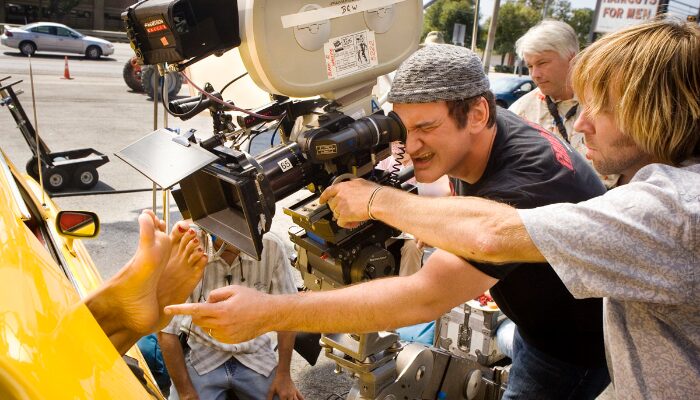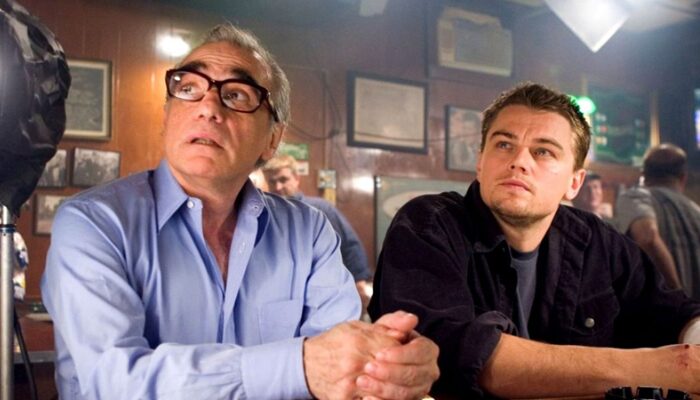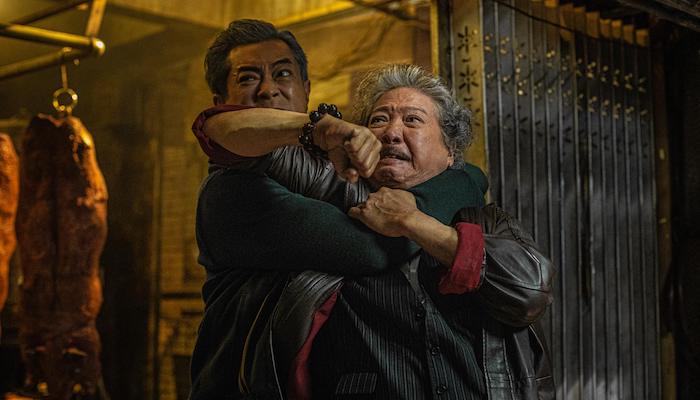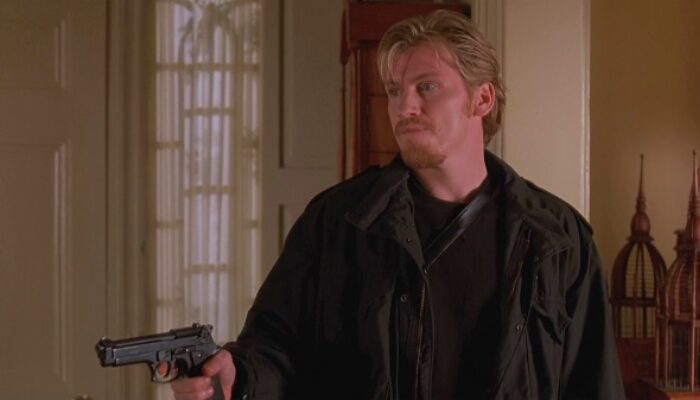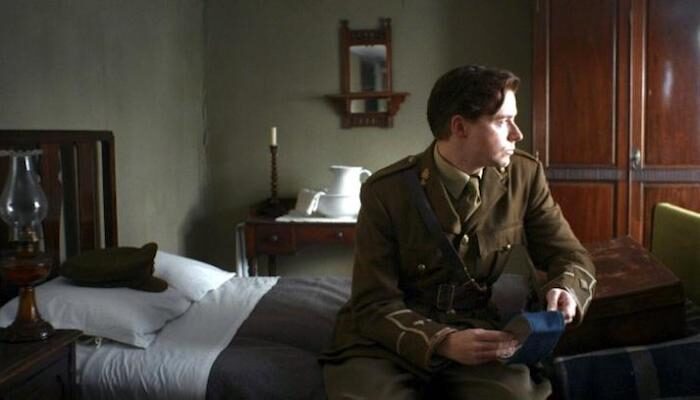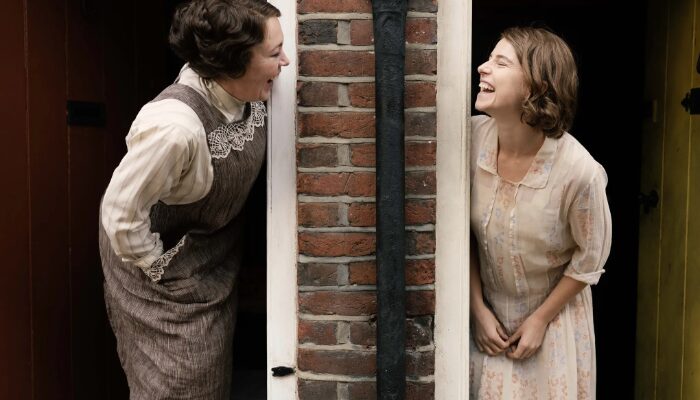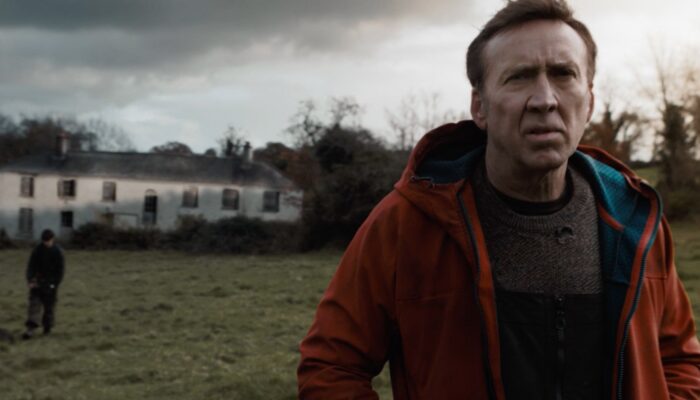Film Review: BENEDICTION (2022): A Dappled but Daring Glimpse Inside a Hero’s Closet
Benediction Review
Benediction (2022) Film Review, a movie directed and written by Terence Davies, and starring Jack Lowden, Peter Capaldi, Simon Russell Beale, Jeremy Irvine, Calam Lynch, Kate Philips, Gemma Jones, Julian Sands, Tom Blyth, Matthew Tennyson, Richard Goulding, Anton Lesser, and Ben Daniels.
World War I poet Siegfried Sassoon is the focus of Terence Davies’ latest venture, Benediction.
Davies has said himself that his films would not especially appeal to mainstream audiences. Benediction may prove this to be more than usually true of this work. There are several reasons for this.
First, the film concentrates on two particular aspects of Sassoon’s life. The first deals with his reactions to the war, both as a poet and a rebellious soldier. The second peers into his relationships in the post-war period, as a gay man and, later, as a husband and father.
But Benediction is not a typical survey-style biopic, highlighting milestones and eccentricities. Instead it delves into a gay man as soldier, artist, lover, son, and later as husband and father. Another difference is that Davies doesn’t delve much into the dictates and decorum expected in English society in the decades during and after the war.
Apart from conveying his usual visual finesse, those who grasp the larger social context are likely to get more from the portrayal of the decorated soldier and celebrated author. One thing, however, sets this film apart for Terence Davies: the strong identification he feels with Siegfried Sassoon, in terms of sexuality and philosophy of life. To this end, as mentioned, Davies actually parsed two stories. We witness loosely interwoven narratives of poetic reflection during the war and the experiences of an upper middle-class gay man after the war ended.
The Hero and the Rebel
The first narrative comprises stock footage of the First World War at the front. Not surprisingly, this vision is made even more poignant and powerful by Lowden’s voiceover of verses by both Siegfried Sassoon and Willard Owen. It is in this context that we first meet Lt. Sassoon, at a disciplinary hearing for expressing scathing anti-war sentiments. Considering that even mentioning a negative attitude for England’s part in the War was grounds for treason, a court martial would ensue.
Ironically, Sassoon in fact supported the War; his criticism targeted the Top Brass for abandoning principles for profit, considering soldiers not fighting for a noble cause, but as the cost of doing business.
This was a conundrum for the War Office, both in terms of public relations at home and morale at the front. Sassoon was not only highly decorated for his bravery (acts some considered to be subconsciously suicidal), his courage also made him a very popular model for the rank-and-file, especially those under his command. But to the relief of the British Command, the famous author and comrade-in-arms Robert Graves appealed the case and gave them the excuse the needed: a medical one on the basis of artistic temperament. Consequently Sassoon was hustled off to hospital in Scotland.
In hospital, Sassoon made two important friendships. He came under the treatment of Dr. Rivers, whose specialty it was to treat soldiers with artistic leanings suffering from shell-shock. Rivers’ admission as a closeted gay man himself helped Sassoon more than anything else. Willard Owens was also a patient and admirer of Sassoon, and sought him out. They formed a bond that Sassoon evidently never found in anyone else, but it was short-lived. Owens returned to duty, only to be killed by a sniper one week before the War ended.
Of the two paths explored in Benediction, Sassoon’s attitude toward the War by far feels more personal. Bear in mind that no one had any inkling of what a ‘world war’ might be like. But it’s enough to say that at the end, World War I still carries its unique moniker, ‘The War to End All Wars.’
Friend, Lover, Husband, Father
Davies’ focus in Benediction is only historical in the sense of Sassoon’s personal life, and relatively narrow, so much so that in terms of British social justice, much of the wider context is lost in the margins.
The major takeaway is that Sassoon’s privileged social class, fortunately for Siegfried, had protected him from any close public scrutiny. Davies’ doesn’t scrutinize much either, beyond Sassoon’s disheartening affairs with esthete Stephen Tennent and matinee heartthrob Ivor Novello, both of whom are treated superficially. Davies gives a little more attention to Robbie Ross, as steadfast a friend to Siegfried as he had been to Oscar Wilde throughout the playwright’s trial and following his release from prison.
Davies squeezes much more juice from England’s institutional ‘beard’ — marriage. Sassoon’s wife, Hester, is a bright, affable woman, first a good friend to Siegfried and knows of his leanings. They seem to make a good match. But it doesn’t last, presumably in part because of Siegfried’s basic disillusionment — because of the war and so on — but also that, as a gay man at heart, it was ultimately unsatisfying. In his elder years, his health failing and steeped in regret, Siegfried lives with his son, George. They engage in strikingly bitter arguments or retreat into cool cordiality, until their very last, truly tender scene.
At the close of the film, Davies leaves us with his final, most poignant vision. Accompanied by Variations on a Theme by Thomas Tallis (which is practically guaranteed to yank tears from a stone), Sassoon observes from distance a paraplegic soldier sitting bundled up in a wheelchair, his expression full of regret for the past and worry for the future.
IMO
Benediction is not a film for those looking for the expansive drama of gay oppression of bygone days. On its own terms, this film is insightful and revealing in a purposeful way and intended to explore some common ground Davies sees between Siegfried Sassoon and himself. As a result, Sassoon’s attitude toward intimacy resonates candidly on the screen, visually framed in a lean, direct way that’s hard to forget. Bearing this in mind, Terence Davies shows a very soldierly courage.
Rating: 9/10
Leave your thoughts on this Benediction review and the film below in the comments section. Readers seeking to support this type of content can visit our Patreon Page and become one of FilmBook’s patrons. Readers seeking more film reviews can visit our Movie Review Page, our Movie Review Twitter Page, and our Movie Review Facebook Page. Want up-to-the-minute notifications? FilmBook staff members publish articles by Email, Twitter, Facebook, Instagram, Tumblr, Pinterest, Reddit, and Flipboard.
Related Articles
FilmBook's Newsletter
Subscribe to FilmBook’s Daily Newsletter for the latest news!


